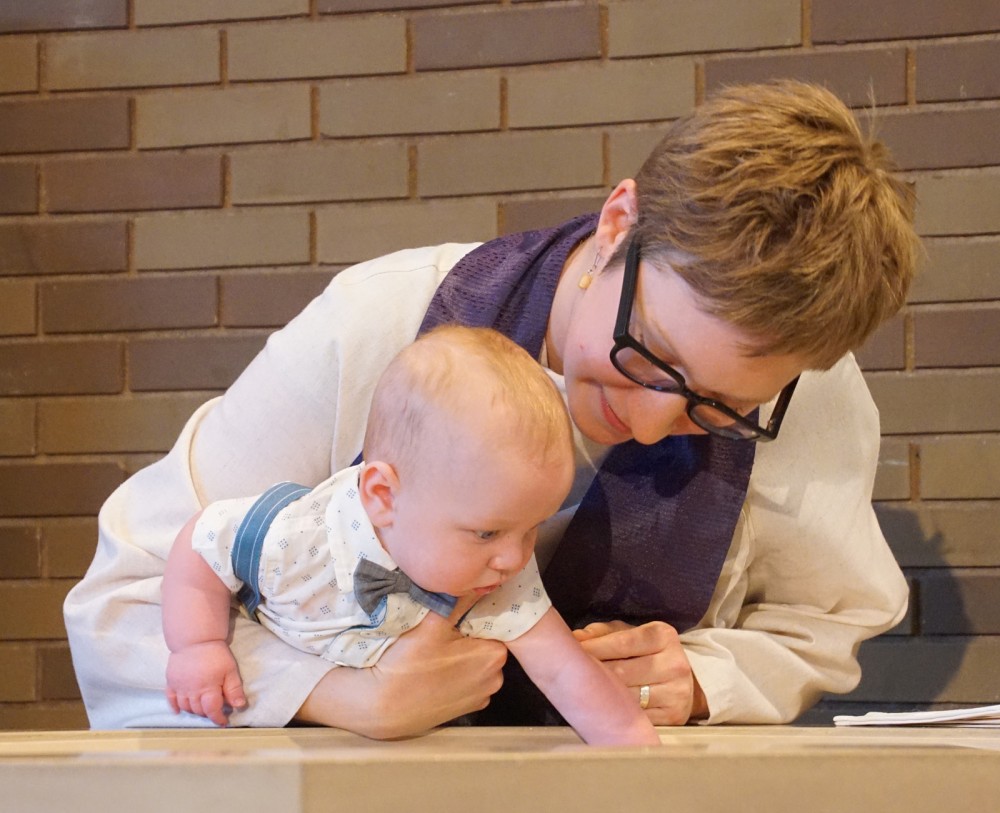There’s a thought-provoking book we haven’t reviewed in the Century, mostly because it’s more art than book. The 1,250 pages of And Every Single One Was Someone (Gefen, 2013) weighs in at a hefty 7.3 pounds. It contains 6 million words, nearly 5 million more than J. K. Rowling’s seven-volume Harry Potter series. Author Phil Chernofsky has printed the single word Jew 6 million times to signify the number of Jews killed during the Holocaust. Chernofsky’s aim is to highlight the Nazis’ objectification of their victims. Erase a person’s name and that individual ceases to be a human being. The Nazi strategy was to treat people as “a thing,” a mass to be exterminated.
Our name may be our most important possession. As a Christian, I could argue that my baptism is even more critical to my identity than my name. But we never baptize anonymously. We baptize individual human beings with real names.
I remember the year in my childhood when my brothers and I received bona fide winter coats. We always had coats, but that year we each got a coat that was actually made for winter, not a glorified autumn jacket with a zip-in liner. Normally, our mother marked our clothing with an intricate dot system that helped her sort scores of similar shirts and socks. But on these particular coats she sewed little name tapes into the collar, each hand-stitched with our full name. I’m not certain Mother went to this effort just to ensure the return of the coat if it were lost. My guess is that she wanted us to know, every time we put it on, that we were precious in her sight. Sewing our name into the collar by hand meant her love went with us wherever we went.






